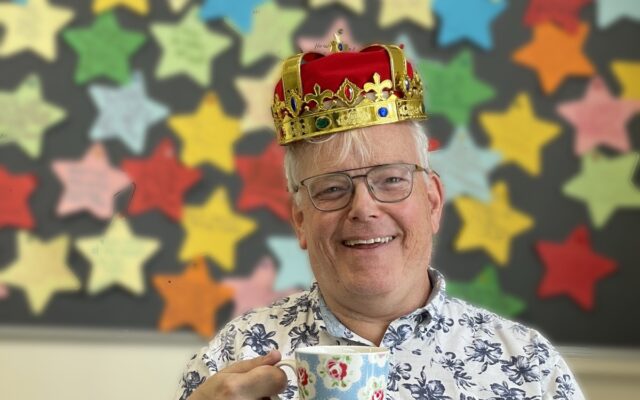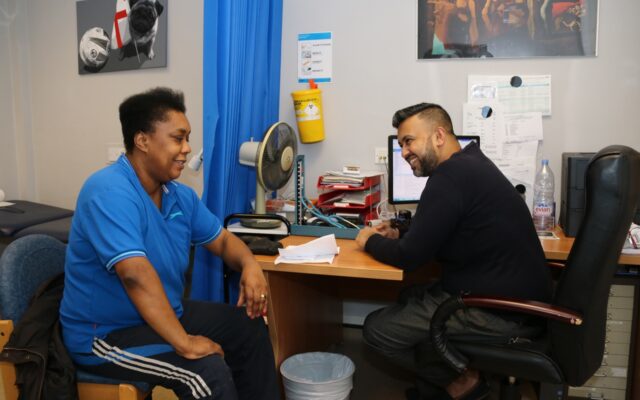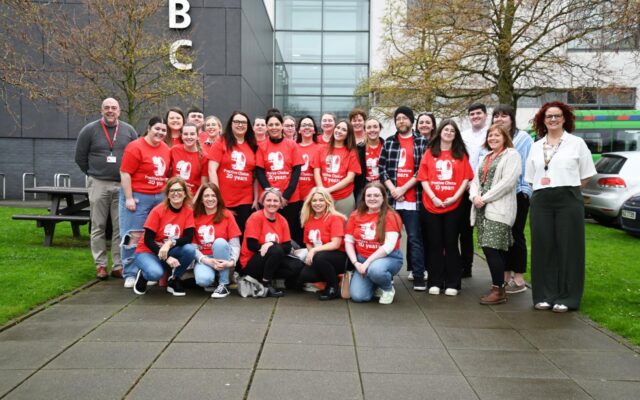Mixed ability sports enables disabled players, along with others experiencing barriers to taking part, to be included as equal members in community sport clubs. International Mixed Ability Sports (IMAS) works with national and international partners across sports, education, advocacy and healthcare to promote social inclusion and break down prejudices, barriers and preconceptions
We carry out activities and projects for the benefit of the community. Our main beneficiaries are:
● Adults and children with learning and/ or physical disabilities and those on the autism spectrum
● Adults who have retired from or no longer participate in regular physical activities
● People facing a wide range of barriers to participation in sport
● Sporting groups who want to increase participation from disabled people
● Coaches, trainers, teachers and volunteer facilitators who are interested in promoting social inclusion
● Sports clubs seeking to become more inclusive and/or build their memberships.
The IMAS trainers who run our education sessions, co-write our presentations and coordinate our activities have all personally experienced barriers to taking part in sport. Many of our team members live with a learning disability and enjoy being able to share their journey with other people who face similar barriers or want to become a champion to drive change in grassroots sports to improve inclusion.
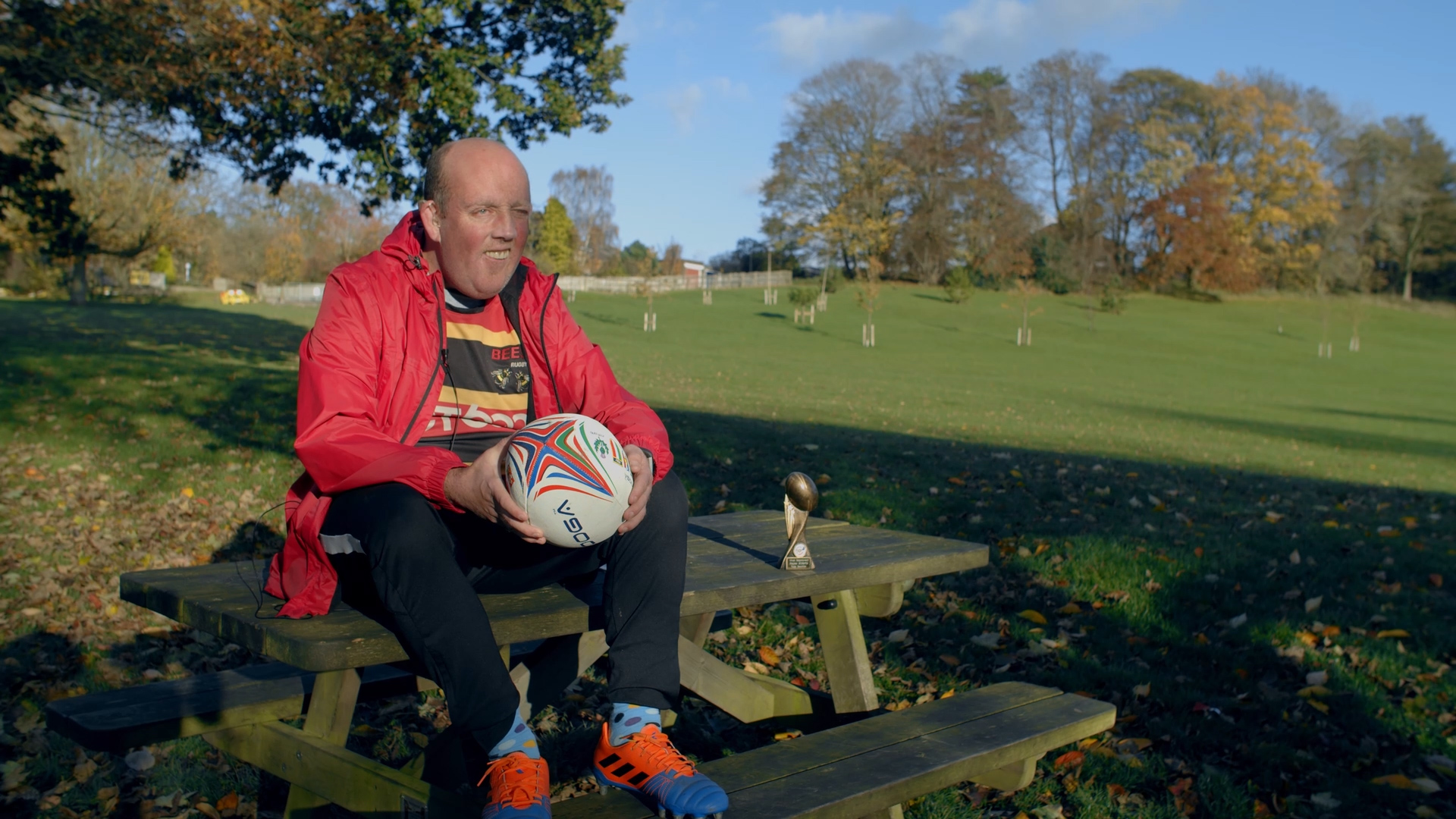
The beginnings
The IMAS journey started with Anthony Brooke, who has cerebral palsy and learning difficulties, who was unhappy with the alternative rugby provision available to him. He was prevented from playing the full contact version of rugby he loved because of perceived risks. “They would not let me play, they thought I would get hurt,” he says. “Of course we get hurt – it’s part of the game.” Through an educational class, he was able to establish the Bumble Bees, England’s first mixed ability rugby team.
As the team gained more players with and without disabilities, the Bumble Bees’ managers realised that there was a demand for mixed ability sport and IMAS was set up and registered as a community interest company in 2014. IMAS began to build networks across the rugby world and attracted the attention of England Rugby. The formation of the Bumble Bees rugby team, combined with the passion of IMAS founders Martino Corazza and Mark Goodwin, created the ideal conditions for the world’s first International Mixed Ability Rugby Tournament, which was held in 2015 in Yorkshire.
The event was attended by more than 500 players with and without disabilities from 12 countries and was endorsed by the UK sports minister. Following the success of this tournament and the next one, held in 2017 in Vitoria-Gasteiz in Spain, a third event is planned to take place in 2022 in Cork in Ireland. We would love to tell you more but, as they say, what happens on a mixed ability rugby tour stays on a mixed ability rugby tour…
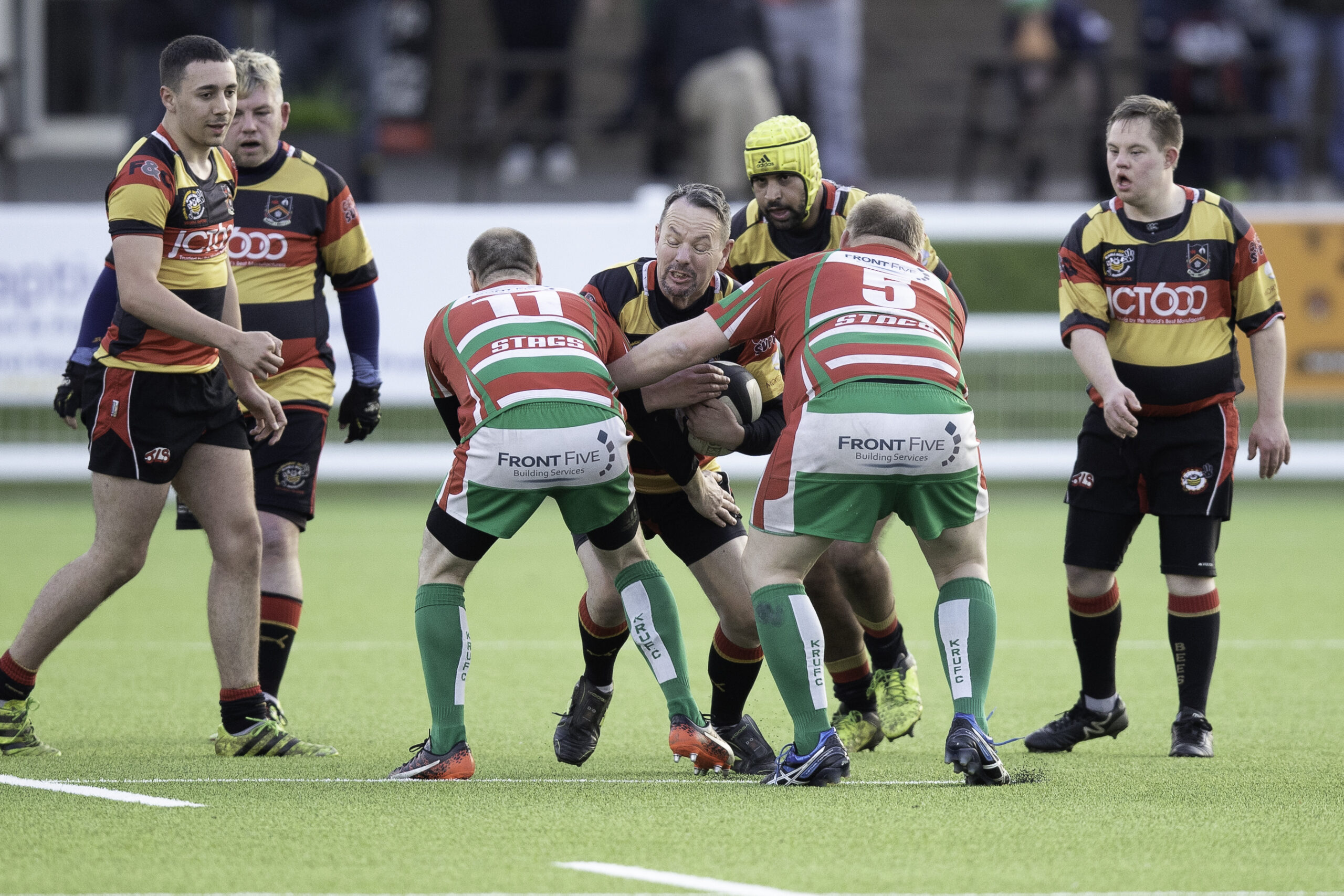
Same rules
Mixed ability sports follow the same rules and regulations as mainstream sports with no adaptations and only minor adjustments to take into account individual participant needs. Mixed ability is not a disability sports provision – it is open to everyone. It is an important offer for any club as having everyone play together promotes inclusion. It allows friends and family to play in the same team with no one segregated into a disability-specific team or graded into a Paralympic classification.
Our IMAS trainers have shared some of their views on IMAS and mixed ability sports:
“IMAS turns things upside down, showing how people can learn lessons from those with intellectual and physical disabilities.” Dr Mark Purvis
“It gives us a place to tell our stories and listen to others.” Rupert Spode
“It’s a place where our voices can be heard.” Mason Faulkner
“We are a group of experts by experience.” Rachel Barrett
“We get our message out through presentations and on the pitch.” Paul (the Maul) Whyat
More sports join in
There are now many mixed ability rugby teams across the UK and the world, and IMAS has expanded beyond rugby into other sports including boxing, cricket, swimming, rowing and football. We continue to look for new opportunities in new countries and sports to enable greater participation for everyone worldwide.
Helen Howes, a mixed ability swimming coach who has multiple sclerosis, is a great example of a champion for inclusion. She came along to one of our educational sessions, asked whether IMAS had any mixed ability swimming sessions and, when she found out there were none, set up sessions in her local pool. These were going from strength to strength before the pandemic hit. Howes has some great stories to tell of the progress her class has made, with one participant moving from having very little confidence and staying at the edge of the pool in the shallow end to now being able to swim a length. These amazing achievements are possible through mixed ability sports.
The pandemic has had a major impact on sports and physical activity across the UK, with lockdowns forcing many clubs to stop training, change their rules to limit contact and reduce the social interaction between players as much as possible. This has meant that, for the past 18 months, our community clubs have been hit hard and many may struggle to survive. IMAS wants to support these clubs to “build back fairer” and is working with clubs to provide mixed ability training, continued support and mixed ability accreditation. This should help them to reach out into their communities and increase their membership by looking beyond their usual area and extend their arms around people who have faced barriers to participation for any reason. These will include players with learning disabilities who, perhaps, have been shielding for a long time or are feeling concerned and scared about returning to life as we knew it.
While physical activity and social contact have been difficult to continue through some parts of the pandemic, our IMAS trainers have shared their stories of how lockdowns affected them and what they did to try to improve their situation. The videos can be found on our the IMAS YouTube channel at https://tinyurl.com/4kvzv77z
One of these stories highlights Tom Beattie, who was really struggling without his regular physical activity and social contact through rugby. He was introduced to mixed ability when he moved to Yorkshire and was delighted to be able to play rugby with his brother, which had never been possible in his previous clubs because his brother did not have a disability so was kept separated from him. Without his rugby, Beattie found both his mental and physical health were suffering so he had to find new ways to keep active. These included walking along the canal near his home, taking part in online exercise activities and continuing his classes with IMAS via the internet throughout multiple lockdowns.
Rupert Spode, another IMAS trainer, also found the multiple lockdowns hard and was pleased he was able to keep up to date with his friends at IMAS through class calls every Wednesday. He also took up photography and cooking to keep busy while he could not be active outside with his friends and team mates. He is said to cook up a fantastic sausage roll.
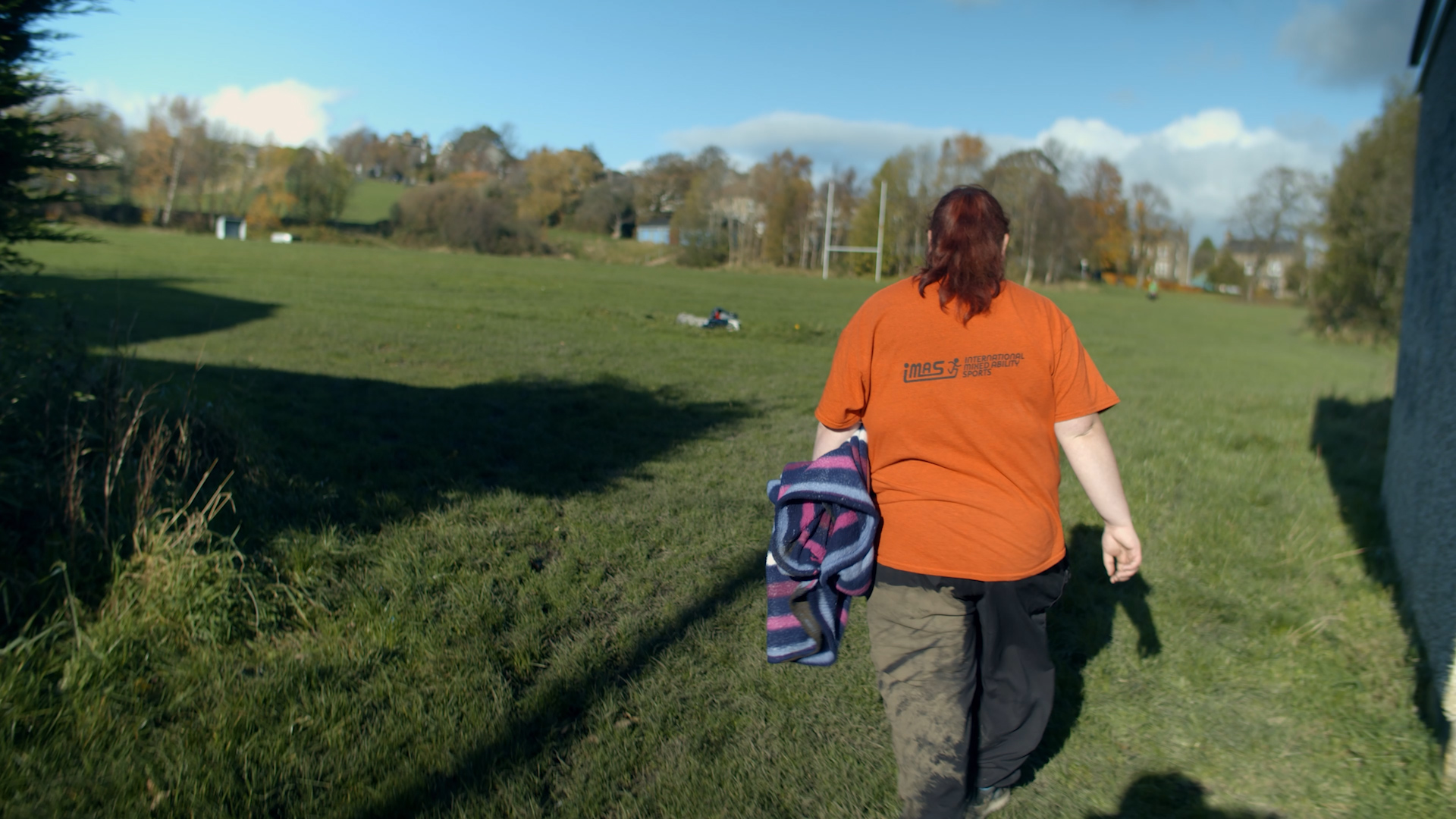
trainers, keeps active during lockdown
Katrina Dobson, one of our first female IMAS trainers, found ways to cope during lockdown by following Joe Wicks’ daily workouts, going out on her own for walks and keeping in touch with friends and family by video calls.
Back and active
This summer, many clubs in the UK are planning to return to activity. At IMAS, we are passionate about a return that is inclusive and are encouraging clubs to build back fairer by looking at ways to incorporate mixed ability teams. Sport and physical activity provide a great number of physical and mental health benefits and IMAS strongly believes everyone should have the opportunity to be a full member of their local club.
Many of us at IMAS have found it hard when we have been unable to keep active, so we understand how important it is for anyone who wants to take part to be included. We are always open to working with like-minded partners to grow mixed ability sports and would love them and anyone interested in joining or helping to start a mixed ability team to get in touch via our website or social media channels.
The mixed ability manifesto involves: health and happiness; equal participation; inclusion and equality; rules and regulations; membership and belonging; and breaking down barriers. Read about it and sign it at www.mixedabilitysports.org/mixed-ability-manifesto.
Contact IMAS:
www.mixedabilitysports.org
Twitter: @IMAS_sport4all
Facebook: @MixedAbilitySports
Instagram: imas_sport4al
Kelly Heathcote is business development manager at IMAS


